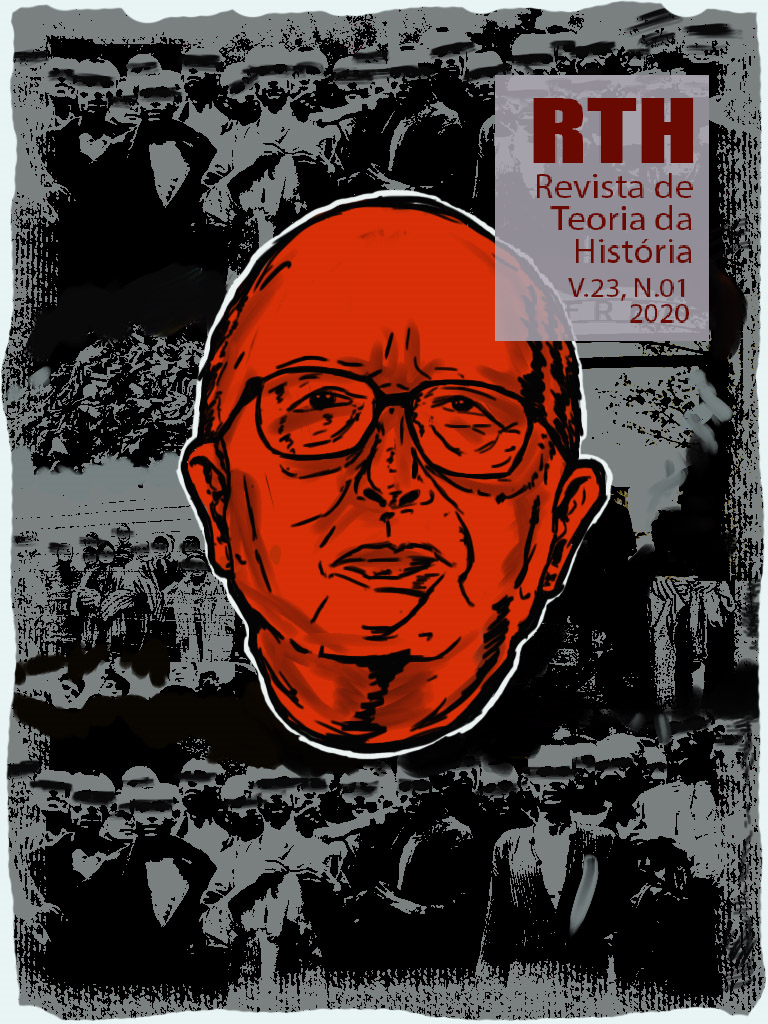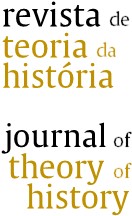História e justiça
sobre os usos políticos do passado
Palavras-chave:
História; Justiça; Juiz; HistoriadorResumo
Este breve ensaio tem o objetivo de compreender de que modo ocorre a relação entre História e Justiça, o historiador e o juiz, a partir de debates, por vezes polêmicos, ocorridos em torno do Holocausto. Utilizando como referência as discussões acontecidas na França e na Alemanha, este ensaio baseia-se principalmente no processo judicial envolvendo o escritor David Irving e a historiadora Deborah Lipstadt. Na parte final deste trabalho, os filmes Negação (2016) e Tribunal de Nuremberg (1961) são referenciados como exemplos da capacidade do cinema de demonstrar como a história é mobilizada nos tribunais.
Referências
CANZANO, Giovanna. Revisionismo o negazionismo? Intervista a Robert Faurisson. Disponível em: www.ariannaeditrice.it.
CEZAR, Temístocles. Tempo presente e usos do passado. In: VARELLA, Flávia; MOLLO, Helena Miranda; PEREIRA, Mateus Henrique de Faria; MATA, Sérgio da (orgs.). Tempo presente e usos do passado. Rio de Janeiro: FGV, 2012.
HARTOG, François. Crer em História. São Paulo: Autêntica, 2017.
FAURRISON, Robert. Memóire em défense. Contre ceux qui m’accusent de falsifier l’histoire. La question des chambres à gaz. Paris: La Vieille Taupe, 1980, prefácio de Noam Chomsky.
LIPSTADT, Deborah E. Denying the Holocaust: the growing assault on truth and memory. USA: Free Press, 2012.
LIPSTADT, Deborah E. Negação. São Paulo: Universo dos Livros, 2017.
VIDAL-NAQUET, Pierre. Les assassins de la mémoire. “Un Eichmann de papier” et autres essais sur le révisionnisme. Paris: La Découverte, 1987.
Downloads
Publicado
Como Citar
Edição
Seção
Licença
A Revista publica única e exclusivamente artigos inéditos. São reservados à Revista todos os direitos de veiculação e publicação dos artigos presentes no periódico.
Licensed under a Creative Commons Attribution-NonCommercial-NoDerivatives 4.0 International License



